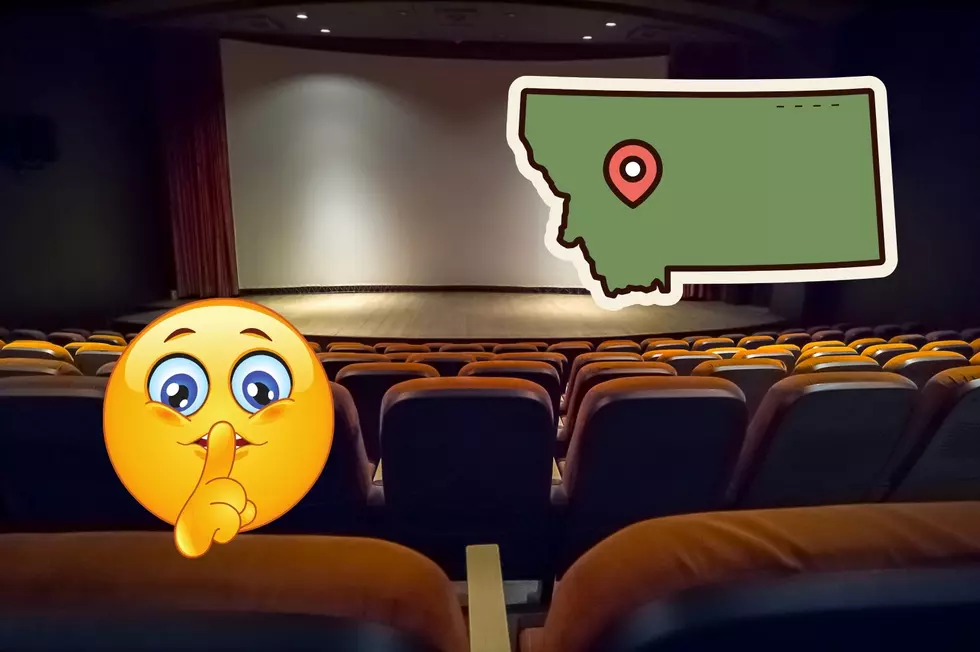
Your Customers Are Electronic, Are You?
Many big corporate names have gone out of business in recent years. Circuit City is gone, but Best Buy remains. Border’s Books is gone, but Barnes & Noble are still around. Linen’s & Things is gone, but Bed, Bath & Beyond endures.
Why does one business die while a similar, and in some cases an almost exact business, remains? The answer is — customers changed how they made purchasing decisions and many companies were too big to adapt quickly. Changing the way a corporation does things is much like turning an ocean liner around. It takes a few miles to accomplish that feat.
The Internet
In the early days of the Internet many business owners failed to see the value of having an online presence. Some still fail to see it. “I don’t need the net because I don’t do business in Switzerland,” was a common comment.
Today almost every main street business has a web site with hours of operation, products and services, along with some company history. More and more people are shopping online before going to your brick and mortar location.
Social Media
One fifth of all the people on this planet check their Facebook account at least once a month. A sizable number are there every day. More customers are finding that a company Facebook page can make a difference and instill confidence in customers that influence buying decisions.
Mobile Apps
Mobile Apps are small programs downloaded to your smart phone that can do all kinds of handy things. Instant weather, or find the value of a used car, find your favorite music, and get info on products and services both locally and worldwide.
In today’s economy people are able to check competitive prices in your store aisles on their smart phones. Businesses are realizing that future advertising may only be needed in whatever device the customer carries in the palm of their hand.
Thirty-three percent of small businesses use some form of mobile app according to a 2013 AT&T Small Business Technology Poll.
The mobile app business has grown $7 billion dollars bigger in just the past four years. And there are no signs of it slowing down. There will be apps to tell you where the bargains are on “Black Friday” and “Cyber Monday.”
Walmart even tested a smart phone scanning app that customers could use to “Scan and Go” without the need to go through a checkout line. While it did not work as well as Walmart had hoped they learned a lot and are looking for ways to incorporate the positives into other customer ideas.
Some Final Thoughts
Conventional advertising is an interruption in customer’s lives. We like music on our radios but there are commercials. The same with newspapers and TV all packed with interrupting ads.
With the net, social media, and mobile apps, customers are looking for you rather than you trying to reach them. The future in advertising will be successfully reaching that cell phone or iPad and bring that consumer in your front door.
More From KISS FM









